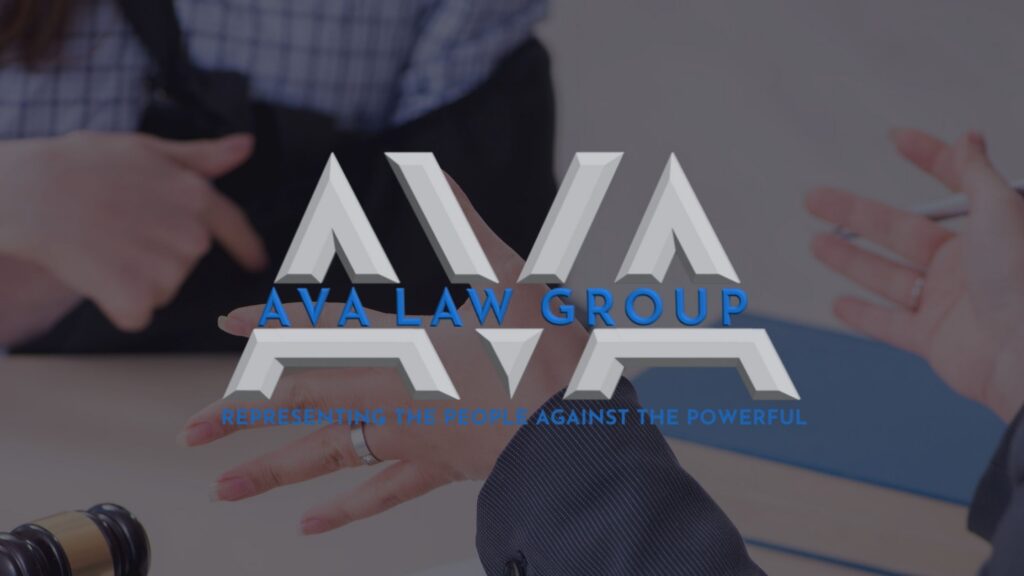5 Questions to Ask Before Hiring an Attorney
February 1, 2021
“What Questions Should I Ask Before Hiring an Attorney?”
Hiring an attorney is a big decision. There’s no doubt about that! When you hire an attorney to handle your personal injury case, you’re not just employing someone to sort through the paperwork and explain the “legalese.” You’re choosing someone to partner with, someone who will best represent your story, someone to win your case. So, considering all an attorney’s credentials, experience, and personality is vital when choosing who to hire.
However, hiring an attorney typically isn’t a one and done deal. It takes a process of interviewing and consultations with different attorneys to select which will best represent you in court. When first consulting with an attorney, it’s important for you to question your potential attorney thoroughly to see if they are the best fit for your case and budget.
It goes without saying that not all attorneys are the same. Each has different levels of experience, practice areas, and strengths. The questions you ask during a consultation can help you decide which attorney is the best fit for you. In this article, we lay out the top five questions to ask a potential attorney before hiring them for your case.
Question 1: “How long have you practiced personal injury law?”
Experience doesn’t always equal an attorney’s ability to handle a case. For example, an attorney could have over 10 years of experience in personal injury law and may have never won a case in that time.
Nevertheless, truly seasoned attorneys usually have seen more cases. Attorneys with more years under their belt typically know how to handle different scenarios that may pop up in the courtroom or how the other party may try to combat your case.
Especially if you have a particularly tricky case, an attorney with more experience may know how to better approach your case than, say, an attorney that just passed the BAR exam. See if your potential attorney is a veteran or a beginner before hiring them for your case.
Question 2: “What kind of cases do you typically handle?”
Knowing what kind of cases your attorney typically handles helps you gauge if yours is a good fit for their experience. For example, if you were in a car accident and your attorney has more experience handling slip and fall cases, you may want to hire a different attorney to your case.
Also, your potential should readily be able to provide evidence of cases they succeeded in. Even if an attorney specializes in the type of law you need, not having a track record of success does little for your case.
Question 3: “Who is your average client?”
Asking an attorney who their average client is can help you assess a number of factors. Firstly, asking who an attorney’s average client is can help you tell whether the scale of their practice is suited for your case. For example, if an attorney’s average client is a larger corporation, and your case is a dog bite case, that attorney might not be the best fit. Attorneys with large corporations as their main clients may be focused on handling clients with bigger budgets and specialized problems in corporate law, making them not an ideal choice to handle a dog bite case.
Or, if your lawyer’s clients work on behalf of high-income individuals, and you are a college student, you may want to consult with an attorney that fits your stage of life and budget. The more connections you can have with an attorney, the better. You will be working with this attorney for a period of time, so having one that matches your needs is important!
Question 4: “What are your attorney fees and costs?”
Asking what an attorney’s fees and costs are is an incredibly important question. Knowing if you can afford your attorney’s services and how you will be required to pay can make or break wither you hire an attorney.
Many times in mass tort cases you will pay nothing for an attorney’s services until they win or settle your case. This is called working on a contingency fee basis. If you win your case, then cost of your attorney’s services will come out of the amount awarded to you in your case.
If an attorney doesn’t work on a contingency fee basis, then they will typically have one of the following options:
- Hourly rate – Depending on the lawyer or law firm, this could range from $100 per hour to over $1000 per hour.
- Flat fee – If an attorney offers a flat fee, make sure to ask whether certain services are or are not covered by the flat fee.
- Retainer fee – This is an advanced payment system based on an attorney’s hourly rate. You put the retainer in an account, then your lawyer deducts fees as he progresses through your case.
- Statutory fee – Depending on the legal work, some forms have a legally set fee called a statutory fee.
Ask whether your attorney works on a contingency fee basis, what payment options are available, and how often you will be billed.
Question 5: “Are there other ways of solving my case?”
When it comes to solving a legal problem, going to court is not always the first or best option. A good attorney will know whether there are alternatives to solving your case, such as an out-of-court agreement or arbitration.
Make sure to ask your attorney about which options are available for resolving your case and an estimated timeline for it to be resolved. No attorney can provide an exact timetable for how long it may take to a resolve a case, but they should tell you a general estimate based on past cases with similar circumstances of fact and law.
Consult with AVA Law Group Today
We understand that the process of interviewing an attorney can be intimidating, even scary, at times. However, at the end of the process, we hope you feel reassured knowing you have the attorney best suited for your case on your side.
If you are ready to consult with a personal injury attorney about your case, reach out to AVA Law Group today for your free case consultation. We always have legal professionals standing by to answer your questions and concerns, so give us a call or visit us at avalaw.com.




